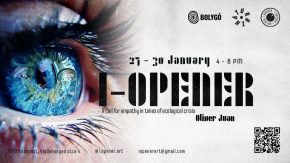The global impacts of food production is the focus of a detailed analysis have been carried out by British and Swiss researchers. According to their results, reducing the consumption of meat and dairy products is the most efficient mitigation measure to reduce environmental impacts.
The Swiss Agroscope centre of agricultural research working alongside with Oxford University with the involvement of 119 countries into a comprehensive study looking at detailed records of 38 thousand farms and 1600 food-processing companies have estimated how different geographies and production practises led to altered environmental impacts for 40 foods that accounts for 90 % of all aliment we consume. The experts have also studied how the production of these foodstuffs impact on land and water use, air and aquatic pollution.
According to the studies published in the Science journal, the most significant beef producers released more than 105 kilograms of greenhouse gases and required 370 square metres of land to deliver 100 grams of beef protein, while other producers could do the same with 50 times less impact on the environment, but they still used 36 times more land and produced 6 times more greenhouse gas emission than the green pea producers.
Aquaculture, often praised for being environmentally sustainable, actually releases significant methane emission, roughly equivalent to the quantity emitted by 1 kilograms of beef livestock.
Food production creates immense environmental burdens, but these are not a necessary consequence of our needs. They can be significantly reduced by changing how we produce and what we consume
– says Joseph Poore, one of the authors.
Changing diet is the best prescription against violation of the environment; plant-based diets could cut the use of global agricultural land by up to 76% (3.1 billion hectares of land), and cut greenhouse gas emissions by up to 73%. This could take pressure off the world’s tropical forests and release land back to nature – the researcher added.
Translation: Nóra Fehér



























Comments